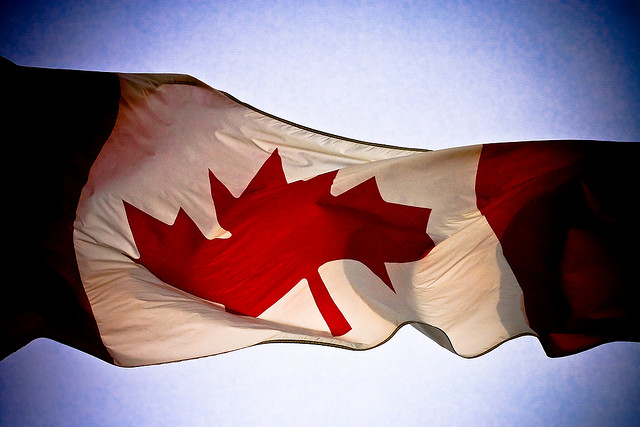January 2016, Vol. 243, No. 1
Features
Canada to Step Up Climate Scrutiny on Oil Pipelines

The Canadian government is set to impose stricter criteria for evaluating major energy infrastructure projects like oil and gas pipelines or liquefied natural gas export terminals.
The federal government is reportedly planning on adding a “climate test” for proposed projects, an extra hurdle for large-scale projects to clear if they are to receive approval, according to The Globe and Mail. The move comes after Prime Minister Justin Trudeau promised greater scrutiny in order to reduce Canada’s greenhouse gas emissions during the race for prime minister late last year.
The additional evaluation for effects on greenhouse gas emissions could add billions of dollars to major pipeline projects, which include: Kinder Morgan’s Trans Mountain expansion, a pipeline that would run from Alberta to the Pacific Coast; TransCanada’s long-distance oil pipeline Energy East, which would carry oil from Alberta to Canada’s east; and Pacific Northwest LNG, a Pacific Coast LNG export terminal. All are up for review but face significant obstacles before gaining approval.
The new rules are tentative and have not yet been made official. But The Globe and Mail reported that the energy projects that would be subject to the climate test would not have to start the regulatory process over, but instead, the extra scrutiny would be added on.
The projects mentioned above – Trans Mountain, Energy East, Pacific Northwest LNG – all face an uphill battle. Provincial and local governments have already voiced opposition. Last week, for example, Montreal’s mayor came out against TransCanada’s Energy East. Vancouver’s mayor has already voiced opposition against the Trans Mountain expansion.
The federal government has also said that the Trans Mountain pipeline needs to consult with First Nations more than it has.
Alberta is a facing hard times because of the collapse in oil prices. But the bottleneck created from the lack of major infrastructure to transfer oil and gas out of the province has further hindered the energy sector. Canadian oil trades at a significant discount to other oil benchmarks because of greater transportation costs and inadequate pipeline capacity. The industry has long said that “market access” should be the energy sector’s highest priority, referring to more pipeline capacity.
Meanwhile, the Canadian Association of Petroleum Producers (CAPP) published a forecast for 2016, expecting oil and gas investment to fall to C$42 billion (US$29.5 billion), a 48% drop off since 2014.
Written by Charles Kennedy, Oilprice.com





Comments